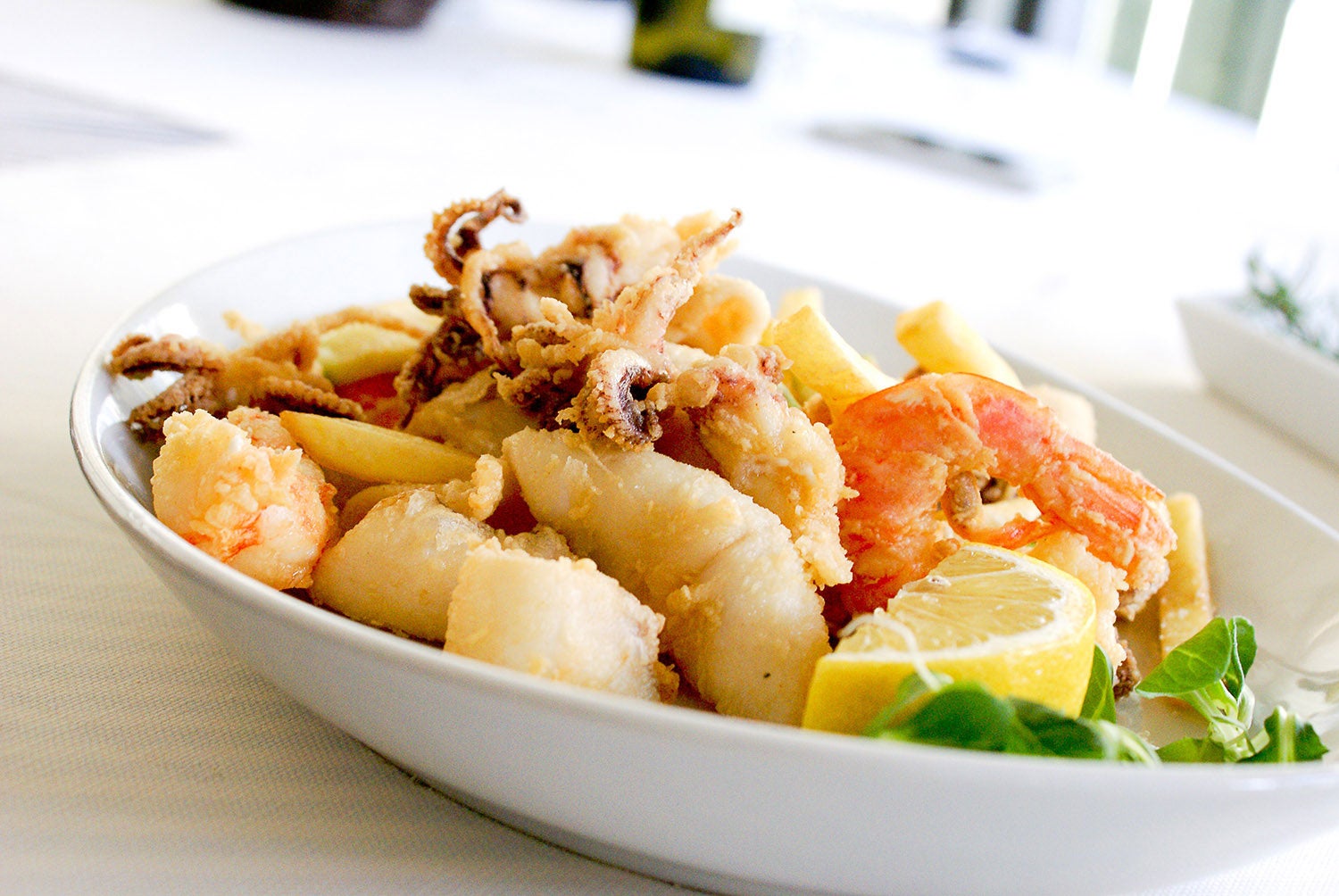Vitamin D is one of the most important vitamins in existence, which is why we’re looking at foods high in vitamin D in today’s article. Also known as ‘sunshine vitamin’ vitamin D is a fat-soluble vitamin which plays an essential role in countless physiological processes within the human body. One common misconception surrounding vitamin D is that we absorb vitamin D from the sun’s rays. This is not true. What actually happens is that, when exposed to sunlight, our bodies are able to use the rays to synthesize the vitamin naturally. Vitamin D does everything from strengthening the immune system to assisting with the uptake and absorption of calcium into the bones. There are actually two different forms of vitamin D. We have D2 which we produce when exposed to sunlight, and D3, which we get from dietary sources. Today we’re focusing on D3 as we look at 7 foods high in vitamin D.
Oysters – If you like seafood, you’ll love oysters. Oysters are a form of shellfish that are found naturally in saltwater environments such as seas and oceans. Oysters are a great source of protein, they’re low in fat, and they’re rich in minerals such as iron, zinc, and magnesium. This makes them great for the immune system and for producing testosterone. It turns out that they’re also rich in vitamin D. 100g of oysters will provide you with more than 50% of your minimum daily intake of vitamin D. Oysters are also great for the metabolism as they contain vitamin B12.
Mushrooms – Mushrooms are a food that people either love or hate. There doesn’t seem to be any middle ground when it comes to mushrooms. If you love mushrooms and eat plenty then you’ll find that your vitamin D levels are probably fairly high. What’s interesting is the fact that mushrooms, like us, are able to naturally use UV light to produce vitamin D. Mushrooms produce vitamin D2, as opposed to other animals which produce D3. Mushrooms are low in fat, and are packed full of vitamin D. A 100g serving will provide you with close to 400% of your minimum daily intake for this vitamin, which is extremely impressive.
Cod liver oil – Cod liver oil is one of the most popular health supplements in the entire world. It’s a fantastic source of omega 3 fatty acids, which provide countless health benefits for the human body. These healthy fats improve cognitive health, they’re great for the heart, they boost the metabolism, they promote cellular health, and much more besides. As well as providing essential fatty acids, cod liver oil also provides heaps of vitamin D. One level teaspoon of cod liver oil provides you with 75% of your minimum daily requirements for this vitamin. It’s also great for the bones and joints, making it one of the healthiest supplements in existence. If you’re looking for foods high in vitamin D, be sure to get plenty of cod liver oil in your diet.
Cheese – Cheese, and indeed, other forms of dairy, are surprisingly rich in vitamin D. Cheese is a great source of calcium, which combined with its vitamin D content, makes it the ultimate bone food. A 100g serving of cheese will provide you with around 24 IU of vitamin D, though this amount can vary from cheese to cheese. Be wary of too much cheese, as it is naturally high in calories and fats. You may want to check this website and please order gourmet food at the link.
Salmon – Salmon is an oily fish which is also loaded full of healthy fats. It is a great source of muscle-building protein, the healthy fats are great for the brain, it helps reduce harmful LDL cholesterol, it promotes cardiovascular health, and it’s great for the metabolism. On top of that salmon’s also a wonderful source of vitamin D. Farmed salmon provides around 80% – 100% of your minimum daily requirements for vitamin D per 100 grams depending on the quality of the fish. Wild salmon however, provides even more. 100g of wild salmon can potentially provide over 165% of your minimum recommended daily intake for vitamin D. This is because wild salmon is much healthier than farmed salmon, plus it has a superior taste as well.
Egg yolks – For years we were told to avoid eating egg yolks for fear of them containing dangerously high amounts of artery-clogging cholesterol. It turns out that eggs are a great example of foods high in vitamin D. They do contain cholesterol, but much of the cholesterol contained in egg yolks is actually HDL, which is incredibly good for us. Egg yolks are a great source of healthy fats that help balance our hormones and boost the metabolism. They’re also packed full of vitamin D. In eggs, much of the protein is found in the whites. The vitamins, minerals, and healthy fats however, are found in the yolks. When choosing eggs, always, always go for free-range or organic eggs and avoid eggs from caged hens at all costs as they are inferior in taste and quality, and the hens are not kept in ideal conditions so it’s unfair on them. free-range or organic eggs taste better, they’re much healthier, and they can potentially provide as much as 1000% of your minimum daily intake for vitamin D.
Shrimp – Notice a bit of a theme when it comes to foods high in vitamin D? Yep, that’s right, seafood is generally considered to be the perfect choice. Shrimp is one of the best sources of vitamin D that you could wish for. It’s high in protein and low in fat, plus it tastes great. A typical serving of shrimp will provide you with a generous 25% of your minimum daily intake for vitamin D.
So, as you can see, there are plenty of foods high in vitamin D that you can easily source at any major grocery store. Vitamin D is very beneficial for the bones, the metabolism, and your health in general so be sure to stock up, especially with winter coming around soon.

















